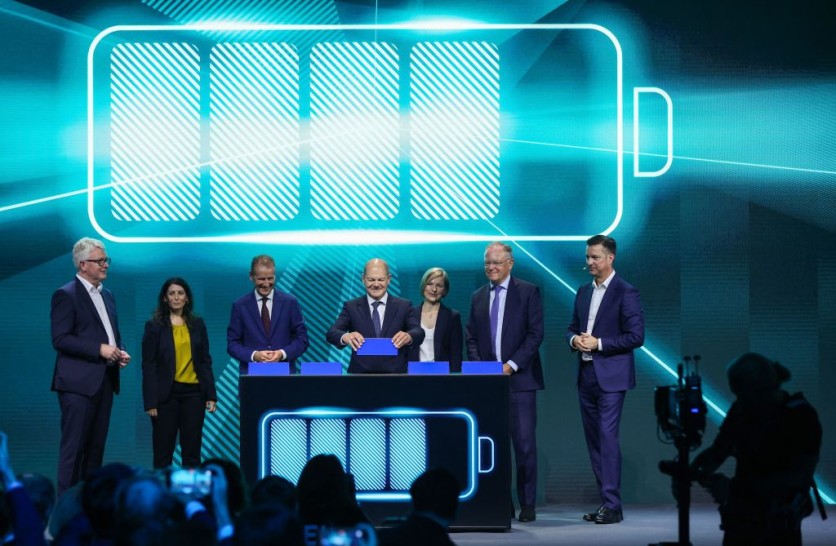The Volkswagen Group (VW) had a groundbreaking in Salzgitter, Germany, the site where their Electric Vehicle (EV) battery cell plant will be built. This forms a new company, which is called PowerCo. PowerCo will be responsible for handling the battery business of VW, as reported by Engadget.

PowerCo will be responsible for battery activities globally, from producing the batteries to conducting R&D on new battery technologies.
The plant in Salzgitter will create 5,000 new jobs when it starts operations in 2025. It will have an annual capacity of 40 GWh.
More EV Battery Cell Plants to Come
Once the plant in Germany is done, PowerCo will work on its second plant in Valencia, Spain. VW is also eyeing building three more cell factories in Europe and North America.
VW's plans include keeping the European factories operational through 100 percent renewable energy.
Overall, PowerCo's mission is to have at least six battery factories in Europe that will produce 240 GWh capacity every year, which will support VW's goals of having at least a half EV lineup by 2030.
Also Read: Volkswagen Group Head Posits Automaker can Outperform Tesla in EV sales by 2025
More Tangible Goals for the Future of EV
VW has recently shared its New Auto strategy, as reported by CNBC. The company aims that EVs should represent half of all their sales by 2030, and nearly all sales in major markets will be EVs by 2040.
Therefore, VW already has plans to support this mission, which includes a car software platform with the help of their development firm, Cariad, that will develop a unified infotainment system in 2023, along with a new platform in 2025. They also want to stop selling combustion engine cars in Europe by 2035.
Sustainable Vehicles are the Future
The move shows the future of sustainability for the company as it lays the foundation to shape its future even more significantly.
The world is witnessing a greater need for vehicles that charge using sustainable energy. This can be achieved through harnessing renewable energy through wind farms and solar farms.
Smart charging can also be used to charge electric vehicles using the energy stored in other vehicles at home or in the office. Electric vehicles are an excellent way to reduce carbon emissions and curb climate change due to the high efficiency of electricity.
Coupled with the need to reduce air pollution and enhance traveling efficiency, the need to promote sustainable vehicles becomes paramount.
VW is paving the way towards this direction by investing in sustainable vehicles. This is a bold move in a greener future and is expected to be followed by other auto companies.
If the company continues with its plans, it can become a major player in the EV industry.
Related Article: Volkswagen, Bosch Agrees to Setup 6 Battery Production Centers in EU by 2030; Is this for Electric Vehicles?
This article is owned by TechTimes
Written by April Fowell
![Apple Watch Series 10 [GPS 42mm]](https://d.techtimes.com/en/full/453899/apple-watch-series-10-gps-42mm.jpg?w=184&h=103&f=9fb3c2ea2db928c663d1d2eadbcb3e52)



